Skincare Tips for Athletes with Sensitive Skin
Athletes are often exposed to harsh environments, rigorous training routines, and frequent sweating, all of which can be tough on the skin, especially if you have sensitive skin. For athletes, maintaining a skincare routine that caters to their specific needs is essential for healthy, glowing skin. In this comprehensive guide, we will explore effective skincare tips tailored for athletes with sensitive skin, helping you protect and nourish your skin while achieving your fitness goals.
Understanding Sensitive Skin

Sensitive skin is prone to irritation, redness, and allergic reactions, which can be exacerbated by environmental factors such as heat, cold, wind, and exposure to sweat. Understanding the unique challenges that sensitive skin faces is the first step in creating a skincare routine that works for you.
Common Triggers for Sensitive Skin
Sensitive skin can react to a variety of triggers, including:
- Sweat: Sweat can clog pores and irritate the skin, leading to breakouts and rashes.
- Sun Exposure: UV rays can cause burns, hyperpigmentation, and premature aging, which are particularly harmful to sensitive skin.
- Chlorine and Saltwater: Swimming in chlorinated pools or saltwater can strip the skin of its natural oils, leading to dryness and irritation.
- Friction: Constant rubbing from athletic gear, clothing, or equipment can cause chafing and rashes.
By identifying and understanding these triggers, athletes with sensitive skin can take proactive steps to protect their skin.
Pre-Workout Skincare Routine
1. Cleanse Gently
Before hitting the gym or heading out for a run, it's important to cleanse your skin to remove any dirt, oil, or residue that could clog your pores. Use a gentle, fragrance-free cleanser that is specifically formulated for sensitive skin. Look for products that contain soothing ingredients like aloe vera or chamomile, which help calm irritation.
2. Apply a Barrier Cream
To protect your skin from friction and irritation, apply a barrier cream or ointment to areas prone to chafing, such as the inner thighs, underarms, and along the edges of sports bras or other tight-fitting gear. Products containing zinc oxide or petrolatum are excellent choices as they create a protective layer on the skin.
3. Use a Broad-Spectrum Sunscreen
Sunscreen is a must for athletes, especially those who train outdoors. Choose a broad-spectrum sunscreen with at least SPF 30 that is designed for sensitive skin. Opt for mineral-based sunscreens containing zinc oxide or titanium dioxide as they are less likely to cause irritation. Remember to reapply every two hours, especially if you are sweating heavily.
Post-Workout Skincare Routine
1. Shower Immediately
After your workout, it’s crucial to shower as soon as possible to remove sweat, dirt, and bacteria that can clog pores and cause irritation. Use lukewarm water and a mild, hydrating body wash to cleanse your skin without stripping it of its natural oils. Avoid using hot water as it can exacerbate dryness and irritation.
2. Moisturize Your Skin
After showering, apply a lightweight, non-comedogenic moisturizer to lock in moisture and soothe your skin. Look for products that contain hyaluronic acid, ceramides, or glycerin to help hydrate and repair the skin barrier. Avoid heavy creams that can clog pores and opt for fragrance-free formulations to reduce the risk of irritation.
3. Treat Specific Concerns
If you experience specific skin issues such as breakouts, redness, or chafing, address them with targeted treatments. For breakouts, use a gentle acne treatment containing salicylic acid or benzoyl peroxide. For redness or irritation, look for products with calendula or niacinamide, which can help calm and soothe the skin.
Skincare Tips for Different Types of Workouts
1. Running
Runners are often exposed to the elements, which can be harsh on sensitive skin. To protect your skin, wear moisture-wicking clothing to reduce friction and prevent chafing. Apply sunscreen generously and consider using a sports-specific sunscreen that is water-resistant and sweat-proof.
2. Swimming
Swimming in chlorinated pools or saltwater can dry out sensitive skin. To protect your skin, apply a waterproof barrier cream before swimming and rinse off immediately after getting out of the water. Follow up with a hydrating moisturizer to restore moisture to your skin.
3. Weightlifting
Weightlifting often involves close contact with gym equipment, which can harbor bacteria. To prevent breakouts and irritation, always cleanse your skin before and after your workout. Wipe down equipment before use and avoid touching your face during your workout.
Choosing the Right Skincare Products
1. Avoid Harsh Ingredients
Sensitive skin can react to harsh ingredients commonly found in skincare products, such as fragrances, alcohol, and sulfates. Opt for products labeled as "hypoallergenic" and "fragrance-free" to minimize the risk of irritation.
2. Test Products Before Use
Before incorporating new products into your routine, perform a patch test on a small area of your skin to ensure you don't have an adverse reaction. If you notice any redness, itching, or irritation, discontinue use immediately.
3. Choose Non-Comedogenic Products
Non-comedogenic products are formulated to avoid clogging pores, which is especially important for athletes who sweat frequently. Look for this label when choosing moisturizers, sunscreens, and makeup products to reduce the risk of breakouts.
Hydration and Diet for Healthy Skin
1. Stay Hydrated
Hydration is key to maintaining healthy skin, especially for athletes who lose fluids through sweat. Drink plenty of water throughout the day to keep your skin hydrated from the inside out. Hydrating foods like watermelon, cucumber, and oranges can also help.
2. Maintain a Balanced Diet
A diet rich in antioxidants, vitamins, and minerals supports overall skin health. Incorporate foods high in omega-3 fatty acids like salmon, walnuts, and flaxseeds to help reduce inflammation and support the skin barrier. Vitamin C-rich foods like citrus fruits and bell peppers can help boost collagen production for firmer, healthier skin.
3. Limit Sugar and Processed Foods
Excessive sugar and processed foods can lead to inflammation and breakouts, particularly for those with sensitive skin. Focus on a diet rich in whole foods, lean proteins, and plenty of fruits and vegetables to keep your skin clear and radiant.
Additional Tips for Sensitive Skin Care
1. Get Enough Sleep
Adequate rest is essential for skin repair and regeneration. Aim for 7-9 hours of sleep each night to give your skin the time it needs to recover from daily stressors.
2. Manage Stress
Stress can trigger skin flare-ups and exacerbate existing conditions. Incorporate stress-management techniques such as meditation, yoga, or deep breathing exercises into your routine to keep your skin and mind in balance.
3. Wear Breathable Fabrics
Choose athletic wear made from breathable, moisture-wicking fabrics to reduce the risk of irritation and chafing. Avoid synthetic materials that trap sweat and heat, which can worsen sensitive skin.
4. Consult a Dermatologist
If you have persistent skin issues or are unsure which products are best for your sensitive skin, consider consulting a dermatologist. They can provide personalized advice and recommend treatments tailored to your skin's specific needs.
Conclusion
Caring for sensitive skin as an athlete requires a thoughtful and consistent skincare routine. By understanding your skin's triggers, choosing the right products, and following these tips, you can keep your skin healthy, clear, and irritation-free. Whether you're training for a marathon or hitting the gym, your skin will thank you for the extra care and attention.


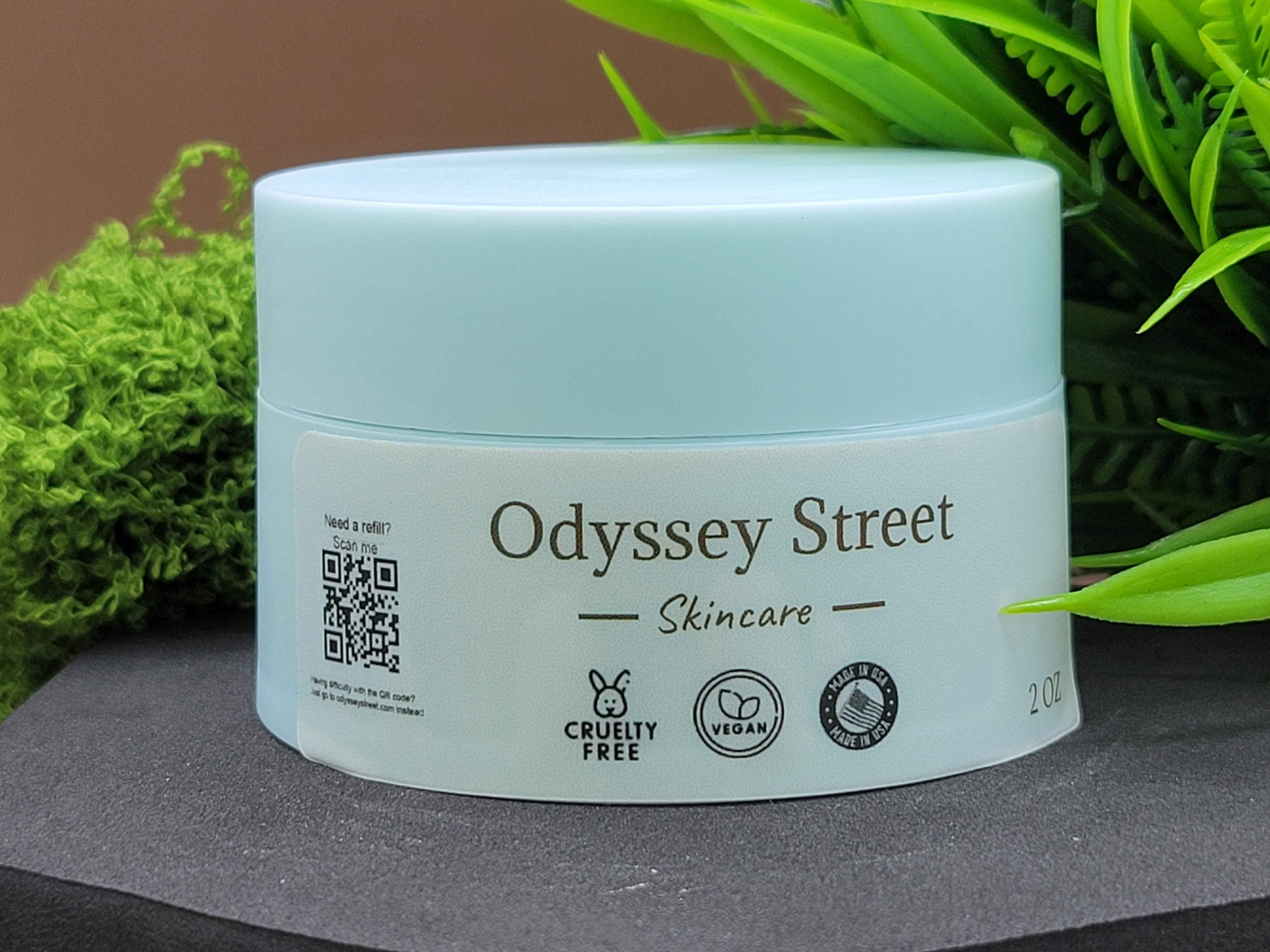
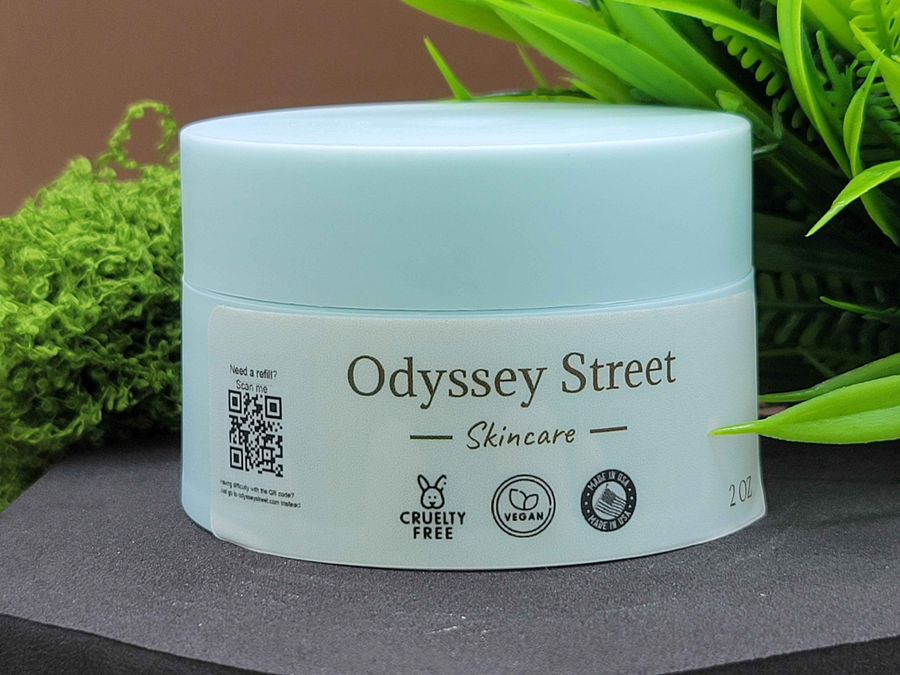
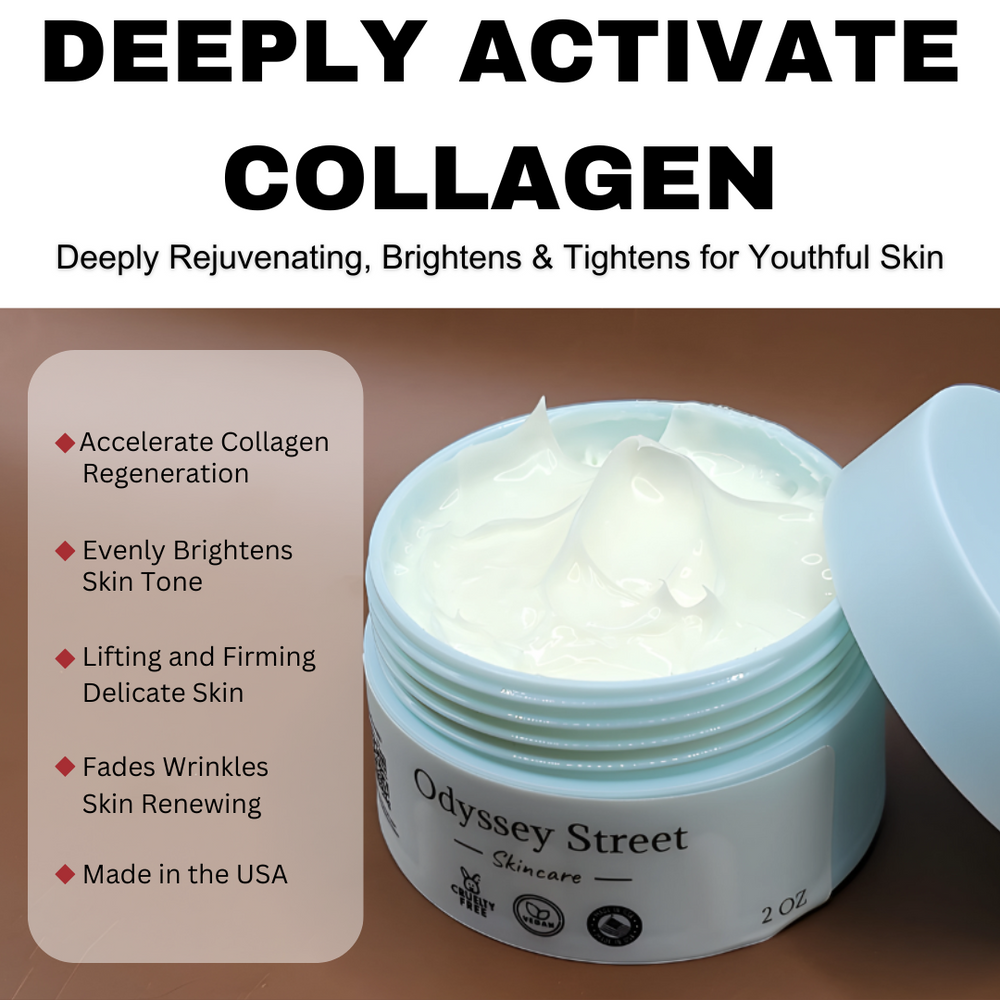
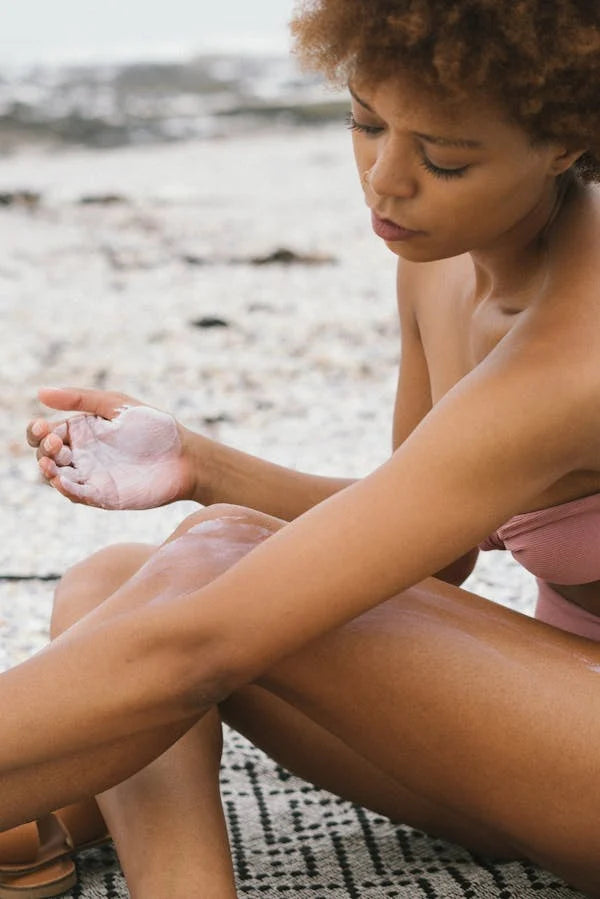


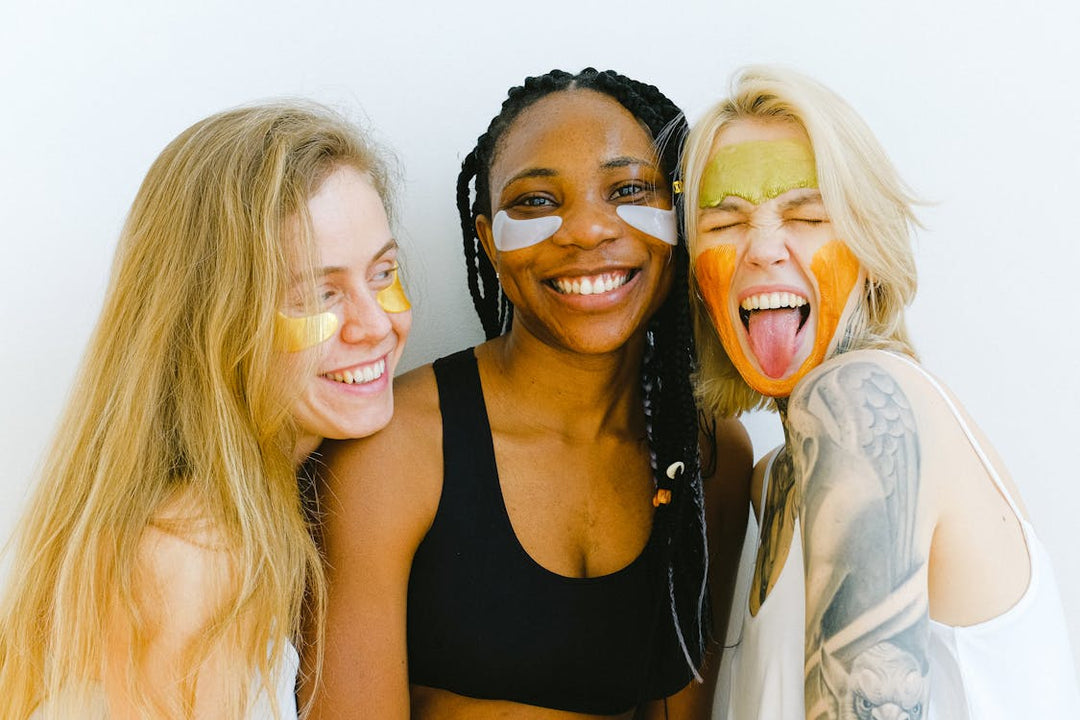
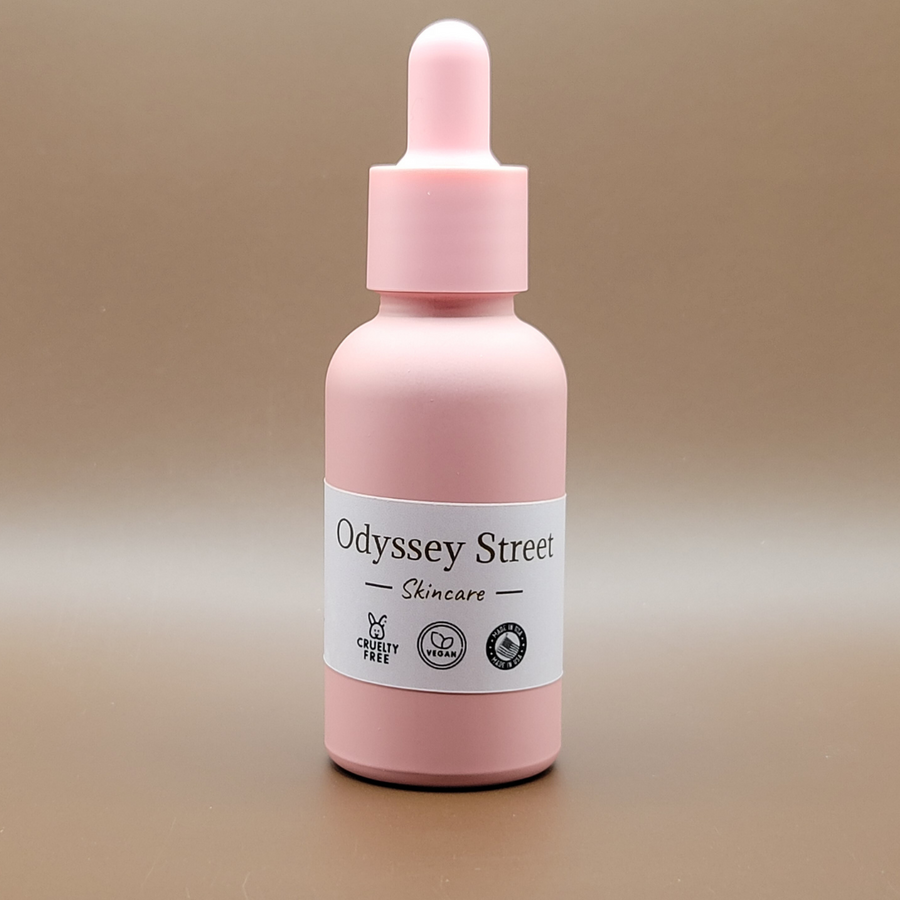
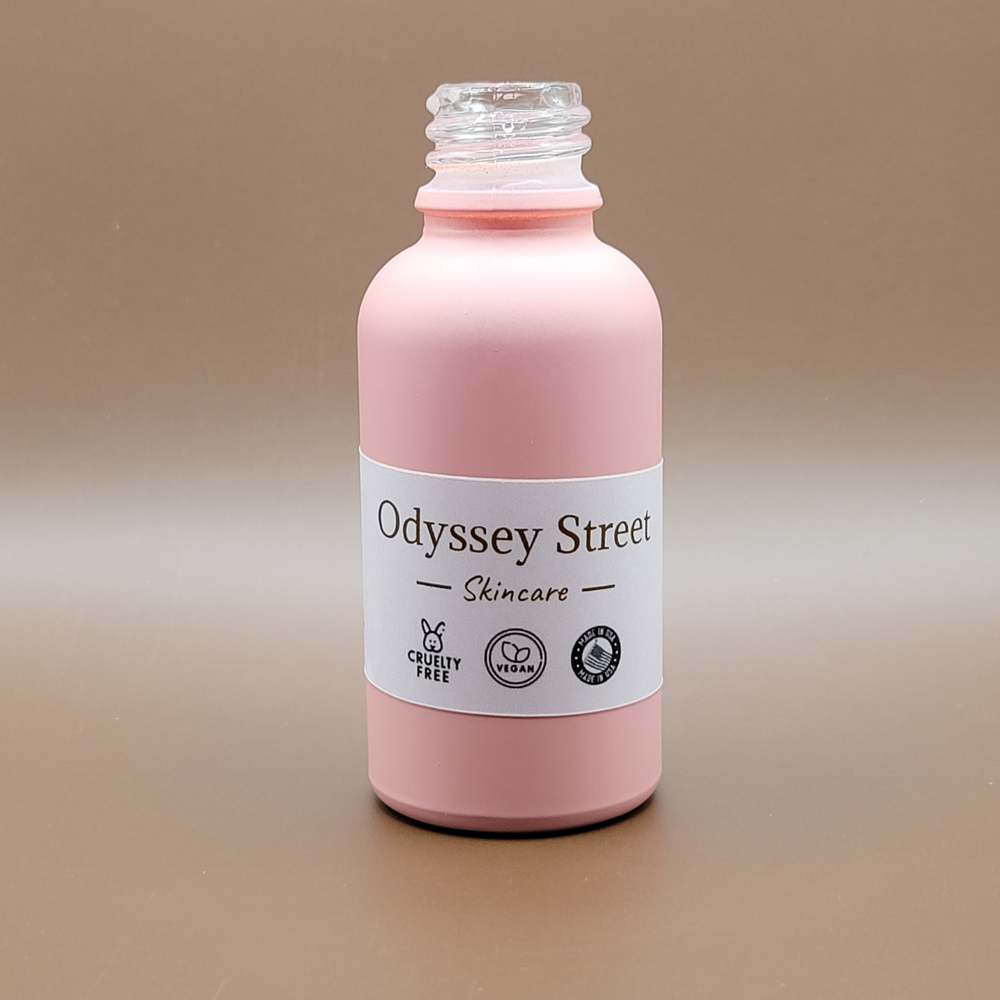
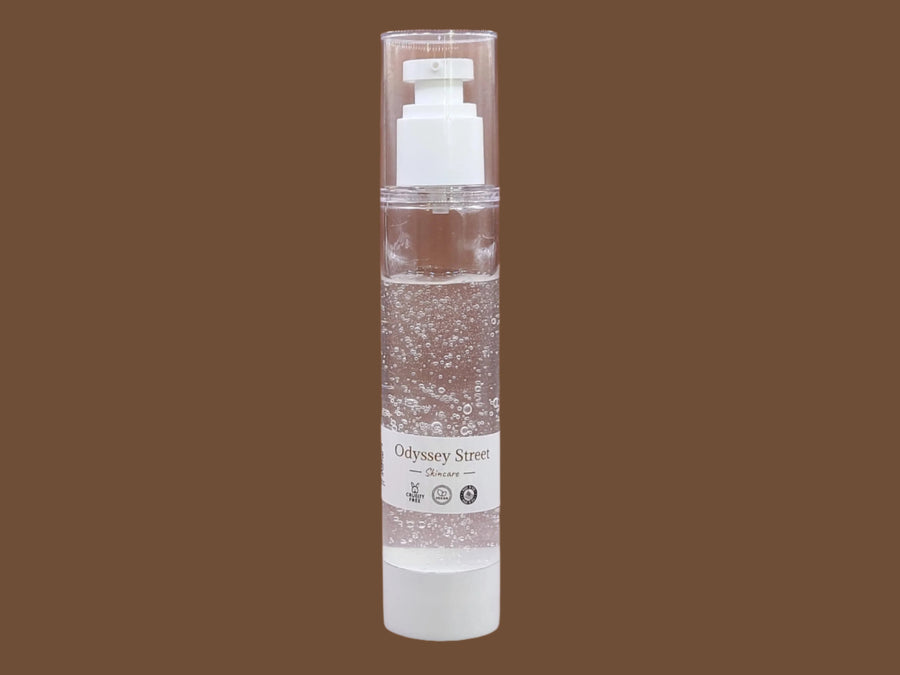
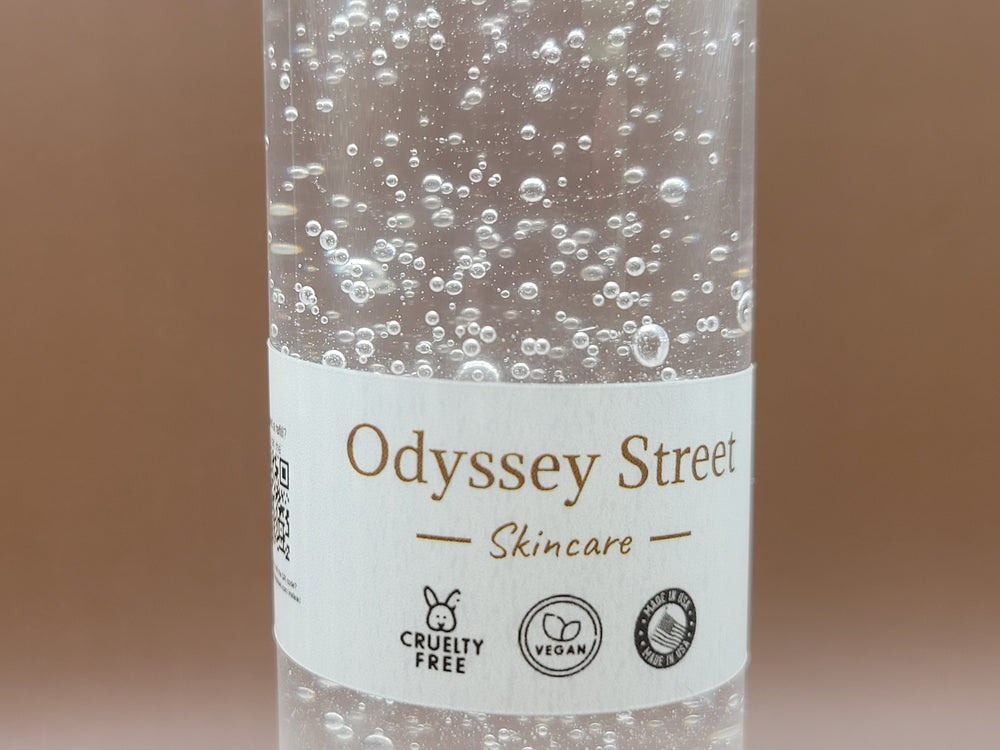
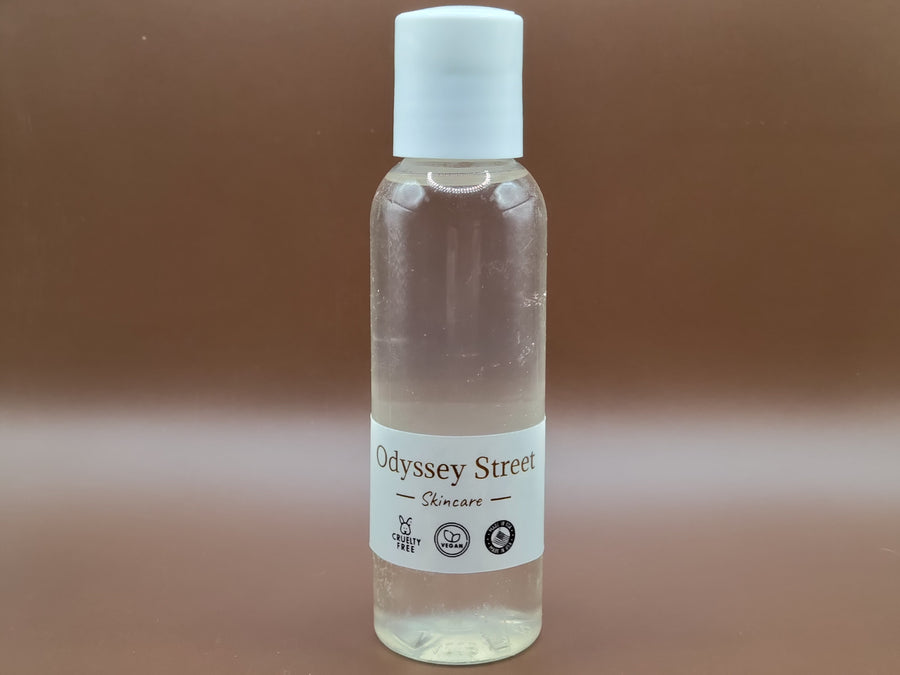
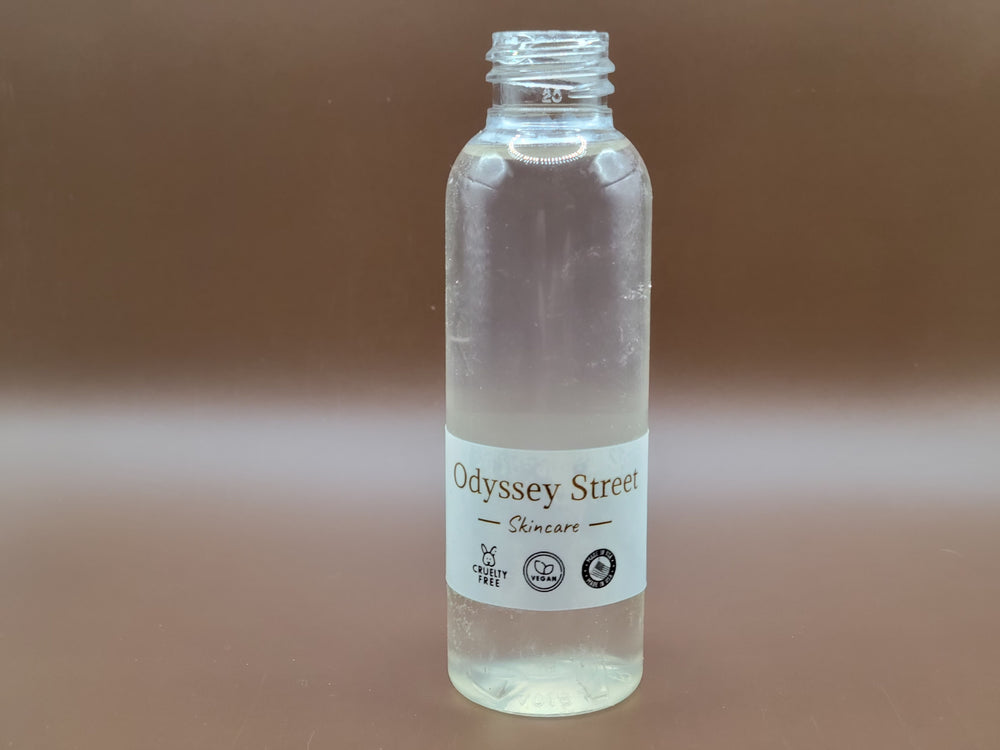
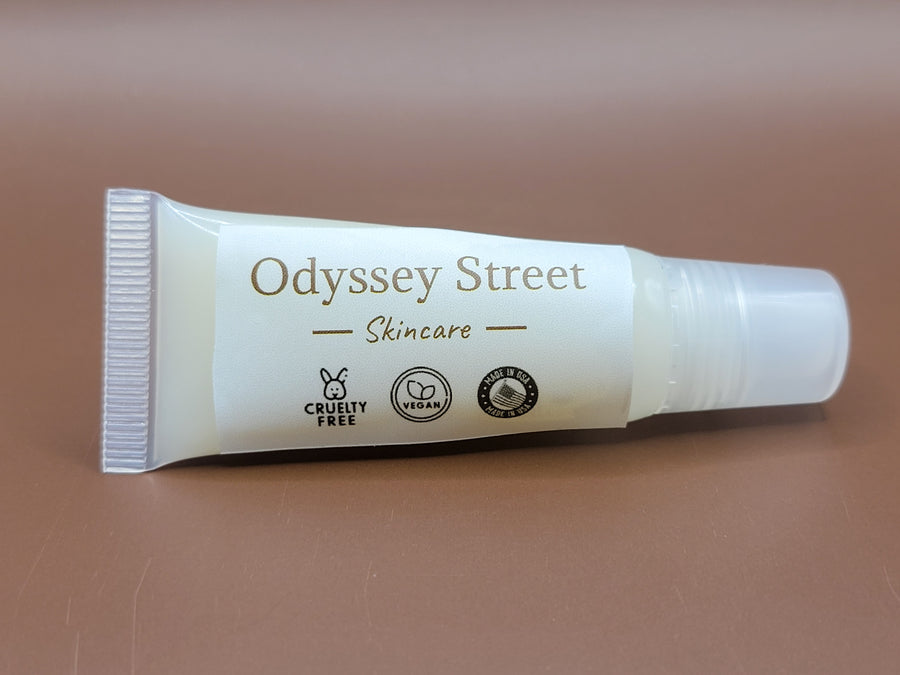
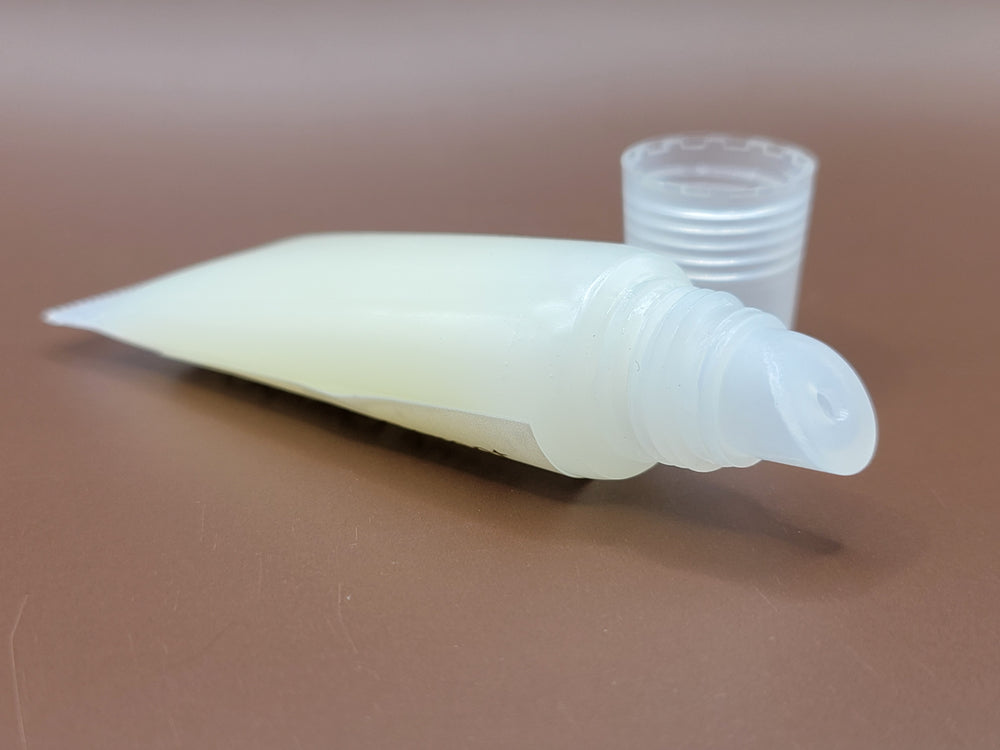
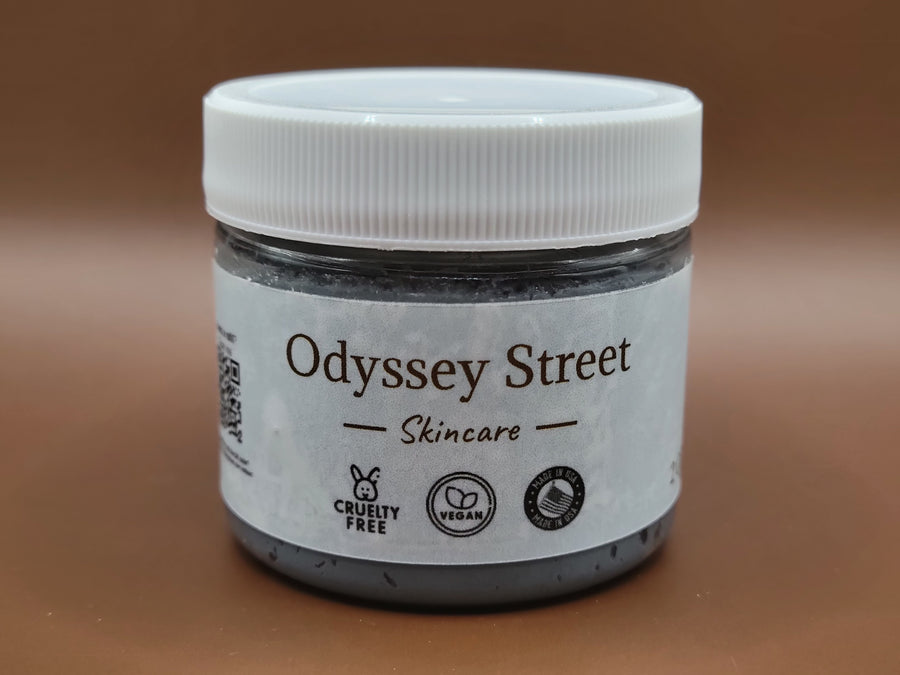
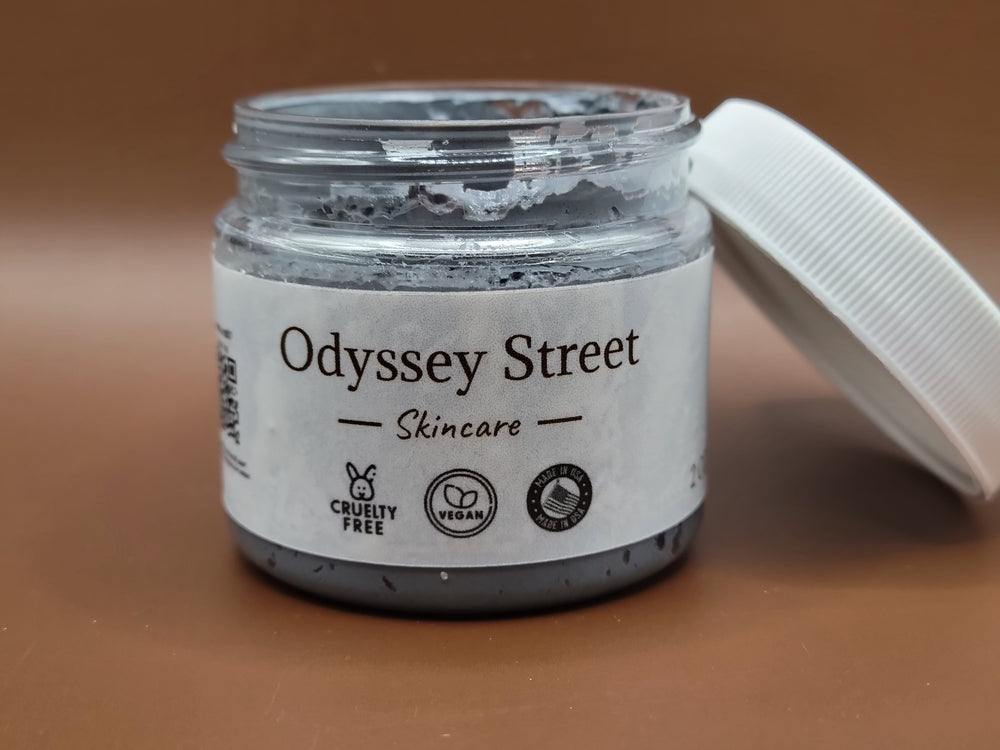
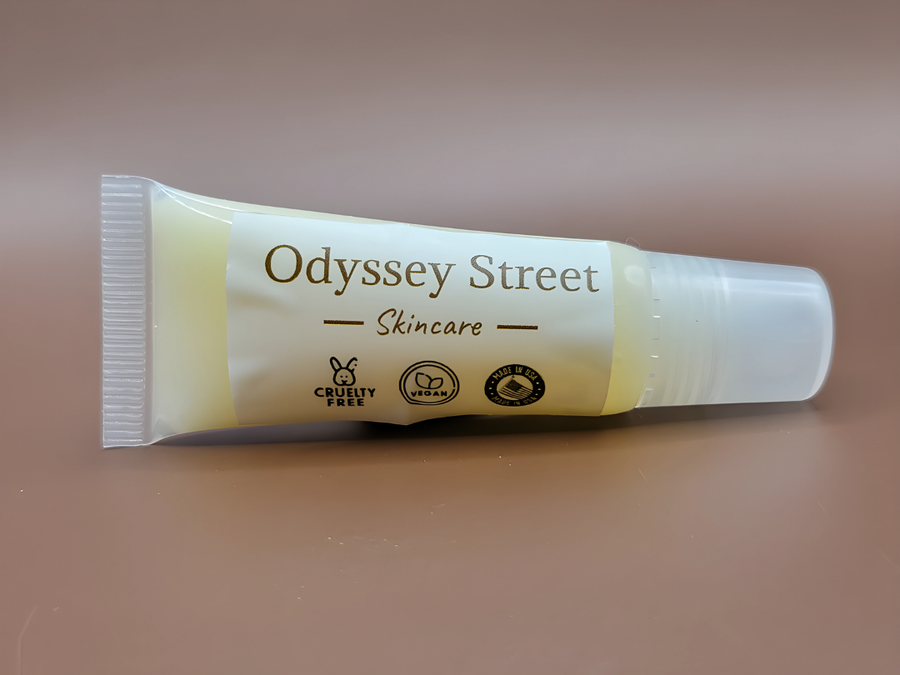
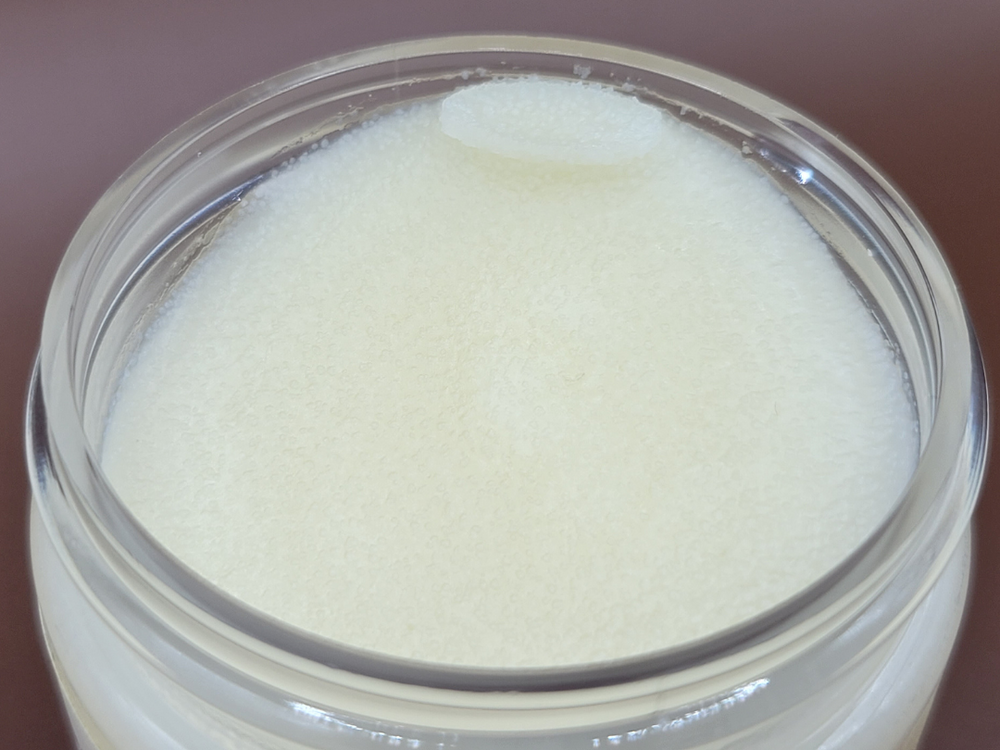
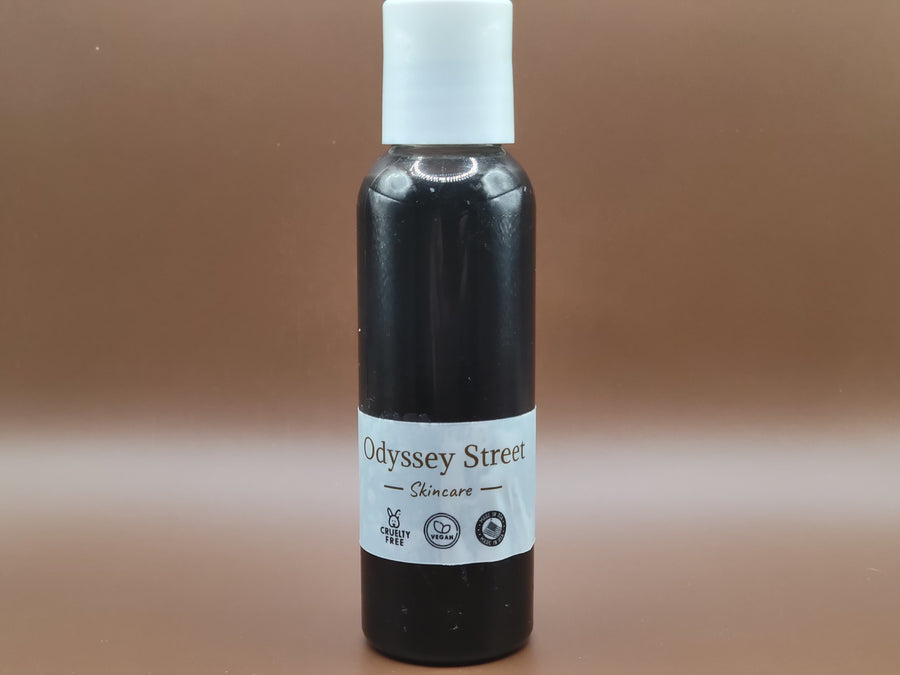

Leave a comment